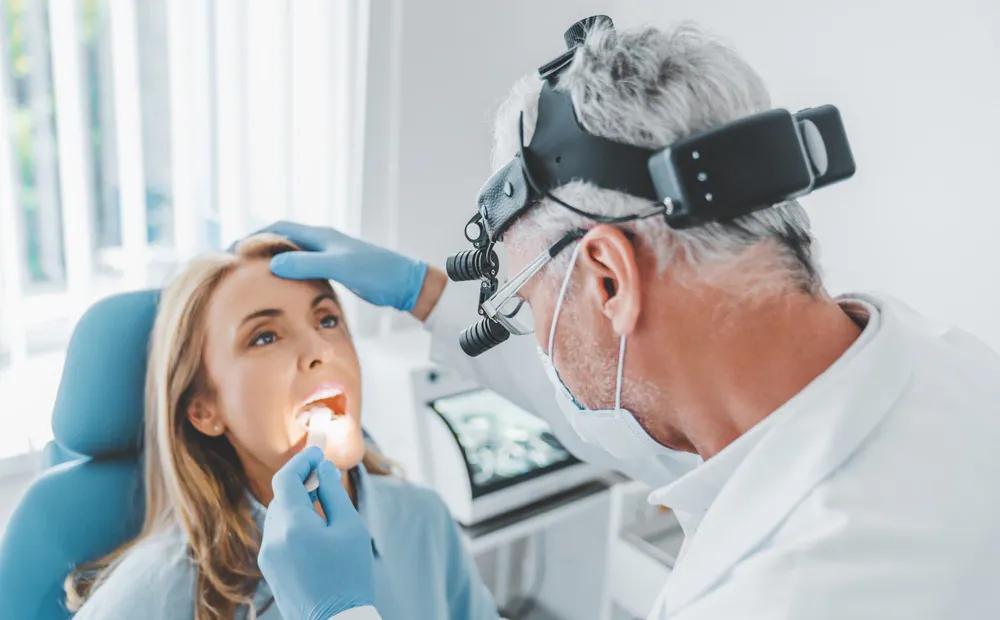The following editor's note by Anne D. Walling, M.D., appeared with a “Tips from Other Journals” in the February 15, 2003 issue of American Family Physician.1 The “Letter to the Editor” that follows was chosen from numerous responses we received.
to the editor: For many years, I have used a mixture of the contents of one capsule of docusate calcium (Surfak, 240 mg) and a few mL of water for removing earwax. I fill the ear canal with this mixture, have the patient lie still for at least 30 minutes, and then irrigate the ear with warm water. This treatment is usually successful. I do not use the docusate calcium solution for anything but removing cerumen.
IN REPLY: Ask and ye shall receive! We would like to thank everyone who sent suggestions on earwax removal. Judging from the number of responses, this is a common and stubborn problem. All of the responses demonstrate that doing unglamorous things well is one hallmark of a being a good family physician.
Earwax removal is performed for various reasons, including hearing loss, sensation of ear blockage, and visualization of the tympanic membrane. The most common clinical practice is ear syringing, which is limited by patient tolerance and complications. Although syringing is considered the clinical standard, there are no high-quality studies comparing syringing with other methods or no treatment.1
Wax softeners and ceruminolytics are used to improve the success and tolerability of irrigation. They also can be used as solo agents for home therapy. However, studies evaluating ceruminolytics have used inconsistent methods. Thus, there is no clear evidence that one type of softener is superior to another.1,2 Furthermore, most studies lack a “no treatment” group, so it is impossible to discern more than relative efficacy in most cases.1 No studies exist comparing home and office treatment.3
One promising treatment is liquid docusate sodium (Colace). It is more effective than triethanolamine (Cerumenex) for augmenting irrigation. In one study,4 instilling 1 mL of docusate sodium fifteen minutes before irrigation allowed tympanic membrane visualization in 81 percent of study participants. However, another study5 did not find either treatment better than a normal saline control. The accompanying table lists other softening options. For those seeking more information on this common clinical problem, we recommend the following reading (Aung T, Mulley GP. Removal of ear wax. BMJ 2002;325:27, and references 1 and 2).










